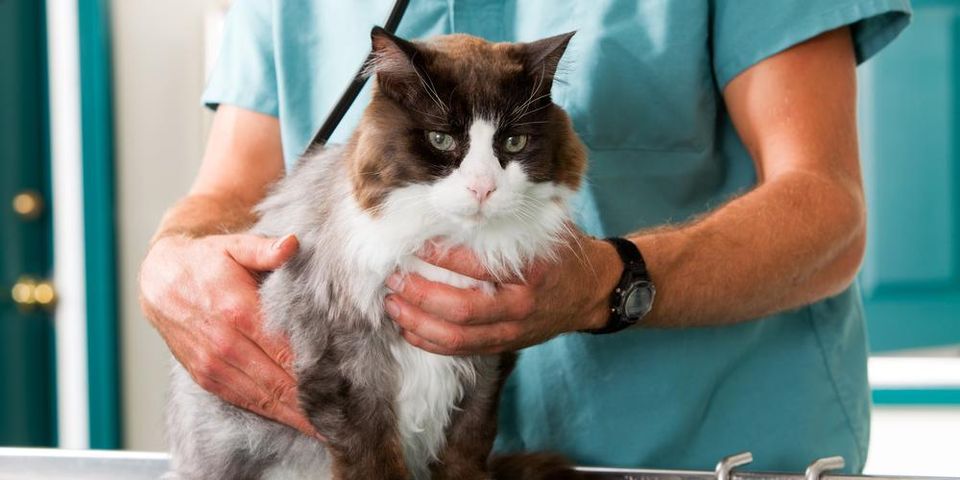A Guide to Intestinal Parasites From Kenton County's Top Animal Clinic

Many pet owners are familiar with fleas, ticks, and heartworm—all common parasites that affect animals. However, intestinal parasites remain a bit of a mystery. To help you better understand the health needs of your pets, the expert veterinarians from Crescent Springs Animal Hospital, the top animal clinic in Kenton County, KY, expand on these harmful organisms below.
Animal Clinic Shares a Beginner’s Guide to Intestinal Parasites
How You Can Identify Them
Because these parasites live in your dog or cat’s intestines, they’re rarely seen. As a result, it’s easy for them to go unnoticed unless they lead to symptoms. Keep an eye out for scooting, vomiting, sudden weight loss, or a distended abdomen. Also, it’s important to bring your pet to an animal clinic at least once a year so a veterinarian can take a stool sample and ensure they have healthy intestines.
How to Treat Parasites
 If parasites are found in the stool sample, a veterinarian will prescribe a course of treatment to control them. Typically, oral medications are prescribed, though it may vary depending on the parasite itself and the vet. Discuss different options with your clinic to ensure the best solution for your furry friend.
If parasites are found in the stool sample, a veterinarian will prescribe a course of treatment to control them. Typically, oral medications are prescribed, though it may vary depending on the parasite itself and the vet. Discuss different options with your clinic to ensure the best solution for your furry friend.
How to Prevent Them
Even if your pet has not been diagnosed with internal parasites, it’s important to take preventative measures to protect them. Most monthly heartworm prevention courses also include a dewormer, which effectively keeps parasites from taking up residence in your pet’s intestines. However, you should speak with an animal hospital to ensure monthly medications are effective enough.
If you think your beloved furry friend may have intestinal parasites, don’t hesitate to bring them to Crescent Springs Animal Hospital. As the area’s leading animal clinic, their team of experts will make a quick diagnosis and help you find the right solution. If you would like to make an appointment, give them a call at (859) 331-6608. Find more information online.
About the Business
Have a question? Ask the experts!
Send your question

